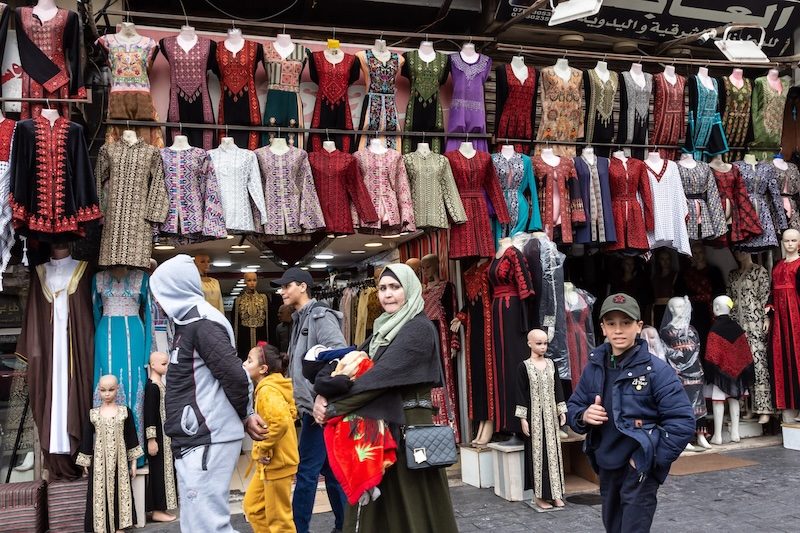The International Monetary Fund (IMF) has released $130 million to Jordan as part of an extended fund facility of $1.2 billion which was approved in January 2024.
“Jordan’s economy continues to show resilience and macroeconomic stability has been maintained, despite considerable external headwinds from the conflicts in Gaza and Lebanon,” the IMF said in a statement.
It added that, despite increased regional and global uncertainty, growth has started to pick up and is projected to reach 2.7 percent in 2025 from 2.5 percent last year, driven by domestic activity, a recovery in tourism and investment inflows.
Growth is expected to accelerate in the coming years to more than 3 percent, fuelled by large investment projects including the Aqaba Amman Conveyor.
The project aims to bring potable water from a seawater reverse osmosis plant at Aqaba in the south, 420 kilometres north via pipeline to the capital Amman.
Deeper regional economic integration, notably with Syria, Lebanon and Iraq, is also likely to help.
The Fund forecasts that Jordan’s current account deficit will be contained at 5.5 percent of GDP, with higher tourism receipts offsetting higher imports and possible adverse effects on exports from higher trade barriers, the IMF said.
Inflation is expected to remain relatively low at just over 2 percent, supported by the central bank monetary policy.
Register now: It’s easy and free
AGBI registered members can access even more of our unique analysis and perspective on business and economics in the Middle East.
Why sign uP
Exclusive weekly email from our editor-in-chief
Personalised weekly emails for your preferred industry sectors
Read and download our insight packed white papers
Access to our mobile app
Prioritised access to live events
Already registered? Sign in
I’ll register later



